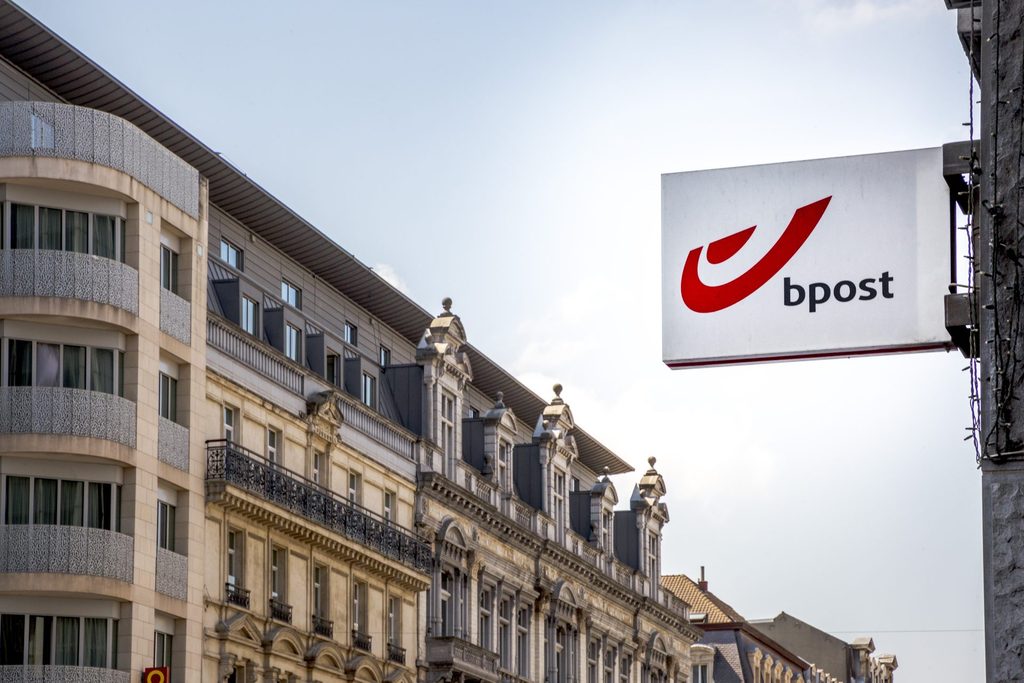The German government has successfully raised €2.2 billion through the sale of shares in Deutsche Post, retaining its position as the largest shareholder of the postal company despite reducing its stake. Could Belgium follow suit?
With a budget deficit of €26.7 billion, attention in Belgium is turning to whether selling off public shareholdings could provide a much-needed fiscal boost. However, amidst discussions surrounding the pros and cons of such a move, the option remains surprisingly absent from public discourse.
The German government is offering 50 million shares in Deutsche Post to institutional investors, thereby decreasing its ownership by 4% to 16.5%, as reported by Germany’s Manager Magazin. Despite the reduction, Germany maintains its status as the primary shareholder. Notably, the proceeds from the sale are earmarked for the modernisation of the country's railways, highlighting a clear utilisation plan for the funds released.
In addition, the German Finance Ministry has affirmed the government's commitment to responsible privatisation, emphasising the absence of significant federal interests in the companies being divested.
Meanwhile, Belgium faces its own fiscal challenges, with substantial deficits and inadequate investment in critical sectors such as railways and public transport. The action taken by the German government could provide Belgium with a blueprint for generating some much-needed revenue, with experts suggesting the sale of Belgian public assets, including stakes in companies like bpost and Proximus, could alleviate the financial pressures the country finds itself under.
Privatisation risks
In an interview with Knack, Steven Van de Walle, a professor of public management at KU Leuven, underscored the importance of Belgium adopting a well-defined strategy akin to Germany's, suggesting that prudent asset sales could be beneficial provided they are accompanied by comprehensive planning, stressing the evolving nature of strategic interests and the need for transparency in decision-making.
However, Belgium's complex governance structure, with multiple stakeholders holding interests in public enterprises like De Lijn, poses challenges to reaching consensus on asset sales. Experts have warned against overlooking the risks associated with divestment, citing instances such as the sale of the port of Athens to China, underscoring the need for careful consideration of strategic implications.
Steven Van de Walle and other financial experts advocate for increased European cooperation, suggesting that collaboration with counterparts from other European countries could unlock synergies and opportunities for strategic partnerships, ultimately enhancing the value of public assets while mitigating risks associated with divestment.

